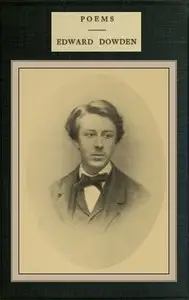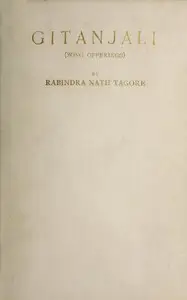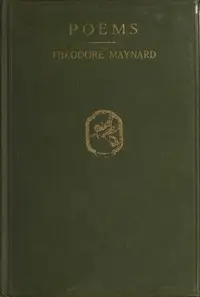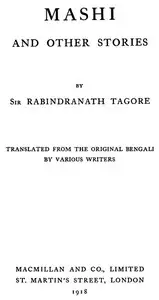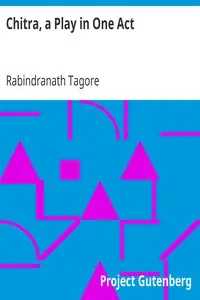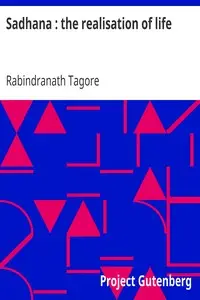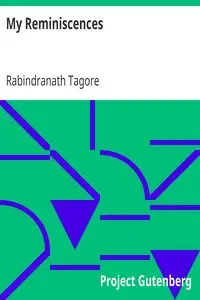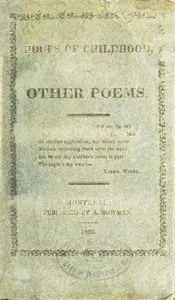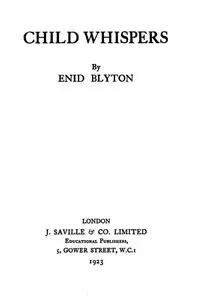"Fruit-Gathering" by Rabindranath Tagore is a translated collection of poems that contemplates deep subjects like love, the natural world, existence, and faith, mirroring the philosophical ideas of its time. Through evocative language, the poetry looks at human feelings and our bond with everything around us, capturing the beauty of life that doesn't last. Tagore guides us through a soul's journey using images that show the patterns of nature and what it means to be human. The work contrasts happiness and sadness, having plenty and not enough, waking up spiritually, and trying to find significance in the confusion of life. The poems carry a feeling of wanting something more and a desire to be one with something greater, encouraging readers to consider their role in the world.
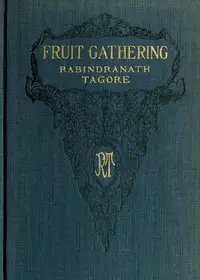
Fruit-Gathering
By Rabindranath Tagore
Experience a journey of emotions and discover life's profound meanings through the delicate dance of nature, love, and spiritual awakening.
Summary
About the AuthorRabindranath Tagore was a Bengali poet, writer, playwright, composer, philosopher, social reformer, and painter of the Bengal Renaissance. He reshaped Bengali literature and music as well as Indian art with Contextual Modernism in the late 19th and early 20th centuries. Author of the "profoundly sensitive, fresh and beautiful" poetry of Gitanjali, in 1913 Tagore became the first non-European and the first lyricist to win the Nobel Prize in Literature. Tagore's poetic songs were viewed as spiritual and mercurial; where his elegant prose and magical poetry were widely popular in the Indian subcontinent. He was a fellow of the Royal Asiatic Society. Referred to as "the Bard of Bengal", Tagore was known by the sobriquets Gurudeb, Kobiguru, and Biswokobi.
Rabindranath Tagore was a Bengali poet, writer, playwright, composer, philosopher, social reformer, and painter of the Bengal Renaissance. He reshaped Bengali literature and music as well as Indian art with Contextual Modernism in the late 19th and early 20th centuries. Author of the "profoundly sensitive, fresh and beautiful" poetry of Gitanjali, in 1913 Tagore became the first non-European and the first lyricist to win the Nobel Prize in Literature. Tagore's poetic songs were viewed as spiritual and mercurial; where his elegant prose and magical poetry were widely popular in the Indian subcontinent. He was a fellow of the Royal Asiatic Society. Referred to as "the Bard of Bengal", Tagore was known by the sobriquets Gurudeb, Kobiguru, and Biswokobi.

